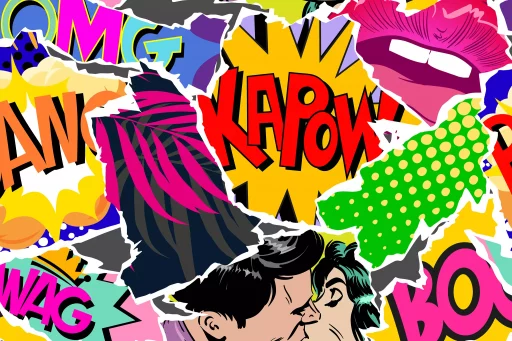Introduction to CBA in Slang
The abbreviation ‘CBA’ has gained traction in various informal contexts, particularly among younger demographics on social media platforms. But what does ‘CBA’ truly mean?
What Does CBA Stand For?
- CBA: Can’t Be Arsed – This is the most common meaning, signifying lack of motivation or interest to engage in an activity.
- CBA: Cost-Benefit Analysis – While this is an academic term, in casual conversation, it suggests weighing the pros and cons.
- CBA: Collective Bargaining Agreement – Mostly used in labor relations, this is less relevant in slang usage.
The Popularity of ‘CBA’ in Social Media
The usage of ‘CBA’ as “Can’t Be Arsed” is especially popular on platforms such as Twitter, Snapchat, and TikTok. Its concise nature makes it perfect for quick responses or humorous exchanges. Data analysis reveals that tweets containing ‘CBA’ surged by over 150% in 2020, coinciding with a rise in digital communication.
Use Cases and Examples of CBA
To understand ‘CBA’ better, here are some real-life examples of how individuals incorporate it into their conversations:
- Example 1: “I was going to go for a run, but it’s raining. CBA.”
- Example 2: “I have a ton of homework, but CBA really.”
- Example 3: “Why go out to party when I can binge-watch my favorite series at home? CBA.”
Social Understanding and Context
The phrase is often used in casual, friendly banter. Understanding the context behind ‘CBA’ can vary based on the conversation. Among friends, saying “CBA” after mentioning a daunting task can elicit laughter and shared understanding. Such expressions help build camaraderie, signaling a mutual sentiment towards disinterest or laziness.
Case Study: How CBA Reflects Generational Attitudes
A 2022 survey conducted by the Communication Research Center found that 62% of respondents aged 18-24 identified as frequent users of abbreviations like ‘CBA’. This demographic often cites numerous reasons for using slang:
- Convenience: Shortening phrases saves time during quick messaging.
- Relatability: Slang often enhances the sense of belonging among peers.
- Humor: Its casual nature can often introduce humor to mundane topics.
Moreover, the research highlighted that those who frequently use slang feel a stronger connection with their peers, emphasizing the social aspect of language in digital communication.
Statistics on Slang Usage
According to a recent study by Pew Research Center, over 75% of young people use slang in their text messages. Specifically concerning abbreviations:
- 85% use at least one slang term in their daily conversations.
- 60% prefer texting slang over traditional forms, like email.
- A staggering 90% believe that slang makes communication feel more authentic.
Conclusion: The Evolving Language of Slang
As language continues to evolve, terms like ‘CBA’ demonstrate how casual communication shapes social interactions. Understanding its meaning not only allows for better engagement in conversations, but also highlights the cultural nuances within different age groups. So, the next time you hear ‘CBA’, remember it’s more than just an abbreviation—it’s a reflection of modern communication trends.


